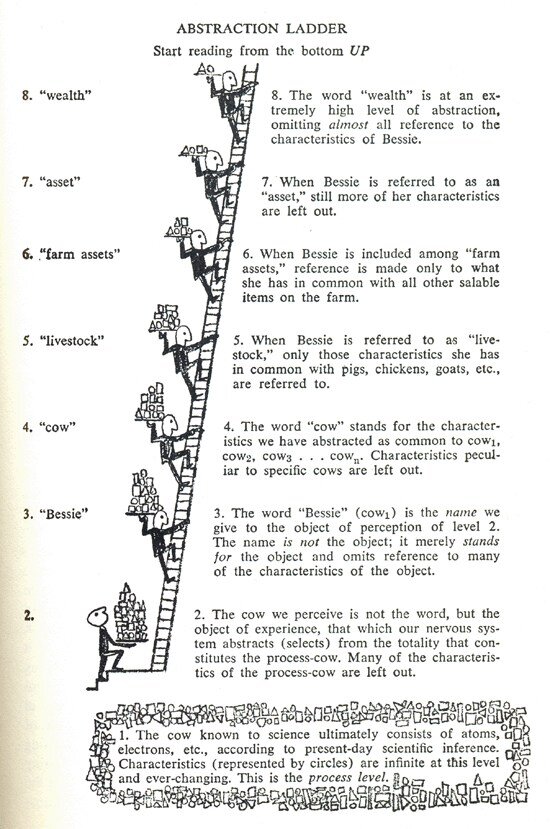One of my favourite TV shows is Star Trek. My favourite spin-off is Deep Space Nine. My least favourite is Voyager. Let me tell you a story about both of these shows. (Be prepared for a journey through time and space until we land back on Planet Earth!)
Star Trek: Deep Space Nine was a bold effort in television at the time. (Not as bold as its rival Babylon 5, but that’s another story.) This was a science fiction show using their abundant technology to stay still. Star Trek was, and is, about exploring strange new worlds. Deep Space Nine was set on a space station. Things interacted with it, not the other way around.
Star Trek: Voyager put a twist on what had come before, however. The premise of “exploring strange new worlds” was still the pillar of the show. However, this time the crew of the titular USS Voyager finds themselves stranded in the Delta Quadrant, 70.000 light years from Earth. Even with the futuristic faster-than-light tech that Star Trek relies on for storytelling, this means a 75-year journey back.
During season two of their epic seven-season run, Deep Space Nine began serialising their stories. They introduced a chilling antagonist in the Dominion, bent on destroying the peaceful Federation and her allies. For a show that was set on a space station, their adventures and conflicts took place between people and tough moral situations. This was an age where binge watching and catch-ups weren’t an option (1993-1999). If you missed a week, you missed a vital part. The final season wrapped up narrative threads artfully set up in the preceding five seasons.
Voyager was the opposite. In comparison, Voyager was a cartoon. Anything that blew up the ship, imperilled the crew, or caused mischief in the Holodeck reset the next week. Voyager was indestructible, from a narrative point of view.
Deep Space Nine was created with no endgame in mind. Voyager had an endgame – get back to Earth. In fact, production staff titled the last episode Endgame. As predicted, they returned to Earth. They had to, right?
So what does this have to do with writing and communication?
Back To Earth - Communication with Purpose
Screenwriting is a form of communication – to directors, actors, prop masters, designers, costumers and so on. So is your writing – to managers, customers, distributors, suppliers, and so on.
Every piece of writing you set to create must have an endgame. There has to be a reason for it, and a set of outcomes you want to achieve. If you lose sight of that endgame, people will tell. It’s why fans pilloried Voyager at the time (and still do to this day.)
Some pieces of writing such as an annual report or a request for comment have an endgame baked into it. A request for comment is defined by its title - it’s asking for requests for comment! But the endgame is not enough. It has to reach out and touch someone. This is the basis for all types of writing. Sharing our wants, needs, and experience using the medium of words.
Connecting With Humanity - Communication with Passion
Once you’ve established an endgame, Deep Space Nine, unlike Voyager, had vulnerability. This vulnerability served a purpose. If your message has no heart, it is pushing uphill to connect with people. If you write without exposing yourself as a vulnerable individual with conflicts and feelings of your own, it falls flat.
Vulnerability is how we connect with readers - the Ancient Greeks called it “pathos”, a critical part of rhetoric, or the art of persuasion. You can connect with readers in a book, an essay, or even a simple email. Vulnerability expert, author, and TED sensation Dr. Brene Brown says vulnerability is the beginning of courage, and courage helps us belong in the world. She says:
“Because true belonging only happens when we present our authentic, imperfect selves to the world, our sense of belonging can never be greater than our level of self-acceptance.”
Perennial business cliche (and he’s a cliche for 74.8 billion reasons) and Berkshire Hathaway founder Warren Buffett always has an endgame and a vulnerability. As he says himself:
“Whenever I sit down to write the annual report, I pretend I am writing it to one of my sisters. Though highly intelligent, they are not experts on accounting or finance. They will understand plain English, but jargon may puzzle them. My goal is simply to give the information I would wish them to supply me if our positions are reversed. To succeed, I don’t need to be Shakespeare; I must have a sincere desire to inform.”
When you reveal yourself as a real person through your writing, you make every instalment an unmissable piece of your story. It must have passion, and it must have purpose.
So in your writing, what will you be? Deep Space Nine, or Voyager?















